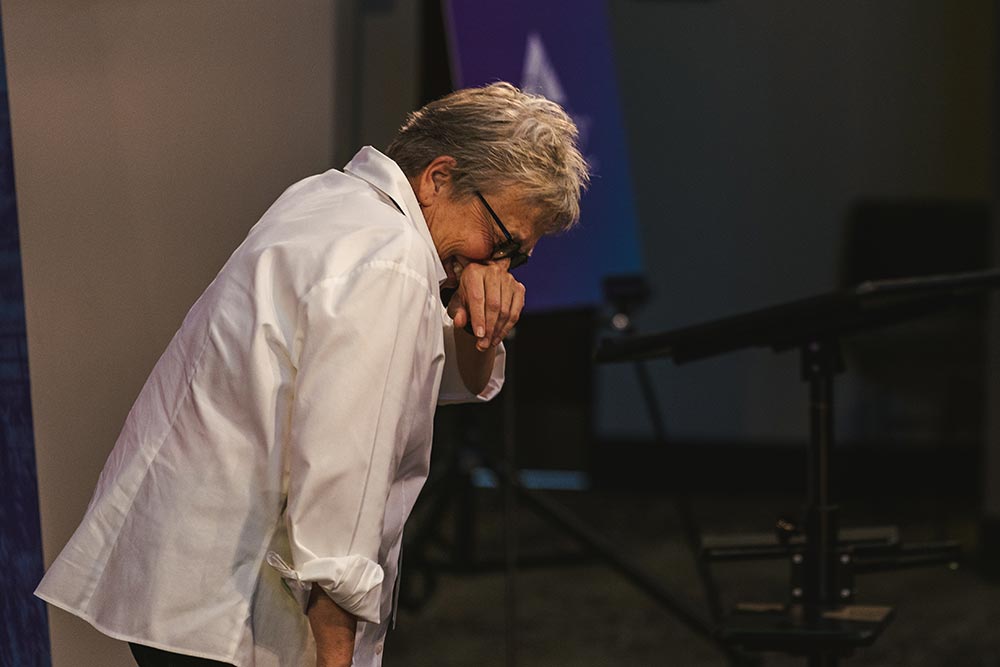“We hope that, when the insects take over the world, they will remember, with gratitude, how we took them along on all our picnics.” —Bill Vaughn
Initially, I went to Webster, it’s where I typically start, it’s a ritual.
“Gratitude: N. gratitude, thankfulness, gratefulness, feeling of obligation.”
“Feeling of obligation” is where Webster and I parted ways. I’m sure it was upsetting to Noah (Webster). It was so sudden, I doubt that he saw it coming. But still, “obligation?” I don’t want to ‘receive’ or ‘give’ with any part of the equation bumping up against obligation.
“The experience of indebtedness is less likely to lead to a desire to approach or make contact with others relative to an experience of gratefulness. Thus, indebtedness tends to be an adverse psychological state that is distinct from gratitude.”
Not only does indebtedness tend to be an adverse psychological state distinct from gratitude, it is without the benefits of pure gratitude, it is without the joy, the feeling of abundance or a sense of well-being.
According to a 2003 Landmark study conducted by Dr. Michael McCollough and Dr. Robert Emmons 300 participates were divided into three groups of a hundred.
100 kept a journal of daily activities.
100 kept a journal of unpleasant experiences.
The last group created a daily list of things for which they were grateful.
Wait for it—
That’s right, daily gratitude resulted in higher reported levels of alertness, enthusiasm, determination, optimism and energy.
Those who practiced gratitude made more progress towards personal goals, and had a greater desire to give back. They also were more likely to feel loved—nice—and I’m guessing there was less need for dark almond chocolate with sea salt.
Needless to say, they experience less depression and stress.
McCullogh stated that, “Grateful people are more likely to acknowledge a belief in the interconnectedness of all life and a commitment to and responsibility to others.”
It’s a natural consequence that “counting your blessings” results in a positive social outcome— it’s contagious. But what intrigues me the most, is that gratitude has a way of awakening us to what has become so common, it really is an awakening, an aliveness. Ralph Waldo Emerson wrote, “The invariable mark of wisdom is to see the miraculous in the common.”
Want to change your life?
For the next 30-60 days, take a few minutes here and there, to write down five things in your day, that you are grateful for.
Want to love your child with something new? Ask her or him, to tell you about the best part of their day.
Here’s a Gratitude app, that could make looking and recording gratitude easy and lasting. It was created by Carla White , who is a “Gratitude Pusher.”
When you take a 20 min. break, warm your coffee and view this: TEDx. Watch it with someone you care about, maybe a gratitude buddy. Gratitude – Louie Schwartzberg
Going back to definitions, and Mr. Webster, ‘grate’ is a “framework for holding burning fuel” and with the suffix ‘ful,’ meaning “full of,” grateful becomes more of the word I’ve come to know. To be grateful is to be full of a burning fuel, that makes all of life a little brighter.
Remember, “If the only prayer you say in your life is thank you, that would suffice.” —Meister Eckhart

